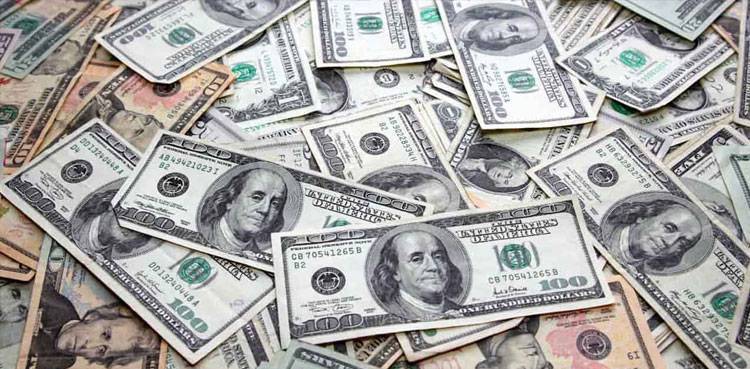Several multinational companies mull shutting down operations in Pakistan
Shares

Multi-national companies working in Pakistan are facing difficulties in repatriating their profits due to a shortage of dollars.
According to a report by the global news agency "Bloomberg," due to the severe shortage of dollars starting last year, nearly one to two billion dollars of profits from global companies, including Nestle, Unilever, and Philip Morris, have been stuck in Pakistani banks.
The report reveals that Nestle, Unilever, and Philip Morris have been stuck in Pakistani banks for the past 18 months, with profits ranging from one to two billion dollars.
Philip Goh, Vice President of the International Air Transport Association's Asia-Pacific division, mentioned that while there has been some improvement with expenditure of $470 million in August, foreign companies that wanted to send funds out of Pakistan at the beginning of the current year have reduced their intentions.
He noted that withdrawing dollars from Pakistan is extremely challenging. According to the report, multinational companies need Auditor Certificates to send funds out of the country, which means they have to go through monthly audits instead of annual ones. This leads to increased operating expenses in Pakistan and takes a considerable amount of time to complete.
It's clear that this issue has been exacerbated by the country's economic challenges, including a decrease in the value of the rupee and rising inflation. The report also suggests that companies are trying to cope with the situation by accessing banks that have dollars, investing in government securities, and relying on income from local operations.
However, it remains to be seen whether these measures alone will encourage multinational companies to stay in Pakistan. Furthermore, Dawn has reported on Pakistan's foreign exchange reserves, which had fallen to alarmingly low levels in July and August due to the massive drop in gold reserves.
This continuous decline in reserves was causing fluctuations in the exchange rate. By the start of September, the exchange rate had reached 307 rupees against the dollar, but it has since improved and is showing signs of improvement, with a low-level increase of 7.5 percent in September, as reflected in the numbers.
At present, the country's total foreign exchange reserves stand at $13.03 billion, with $5.4 billion held by private banks. The report also mentions that the improvement in the value of the rupee and Pakistan's growing urban and youthful population are seen as hopeful signs for companies.
